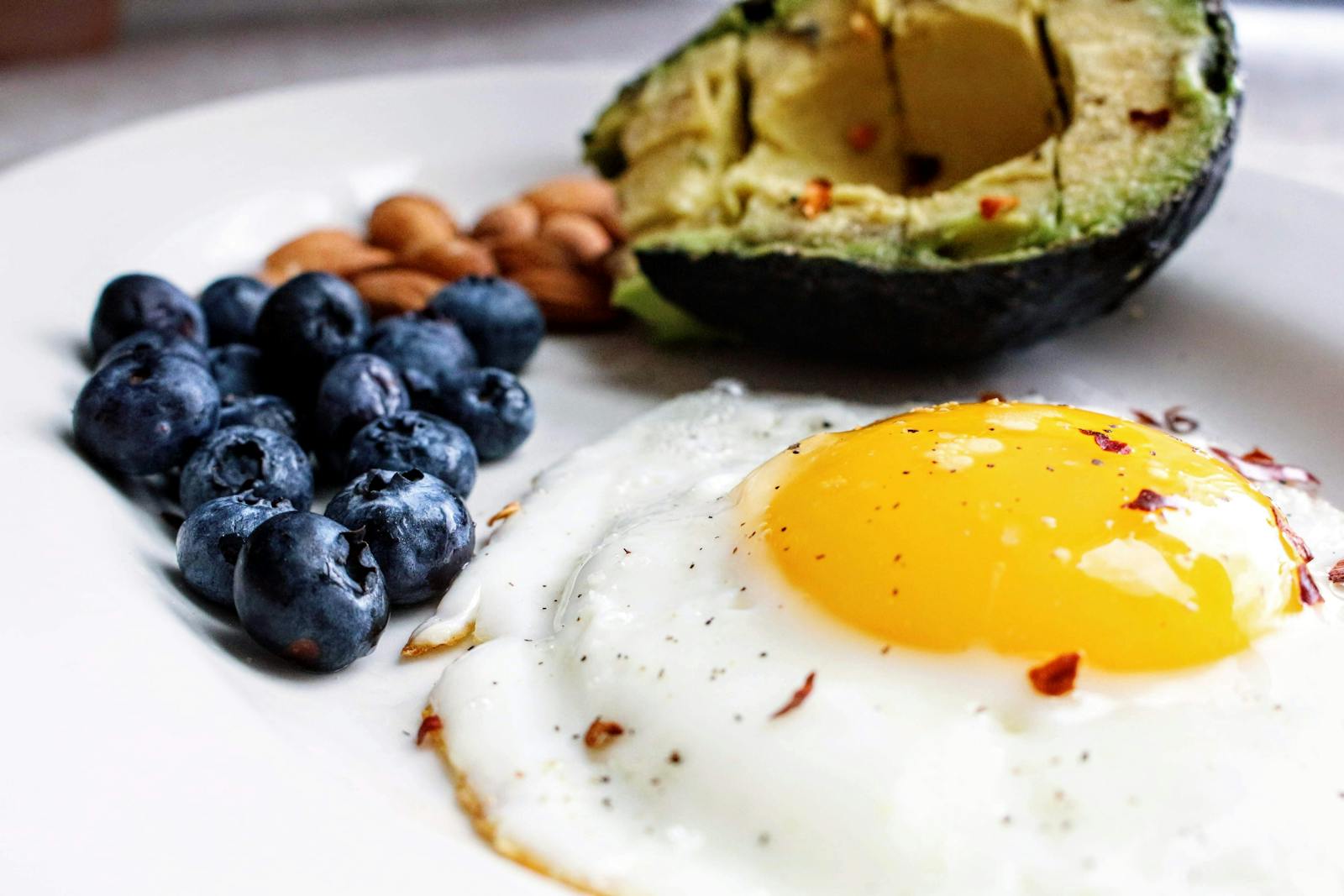What is the paleo diet?

The Paleo diet, sometimes referred to as the "caveman diet," emphasizes eating like our ancestors by focusing on whole, unprocessed foods. This diet includes lean meats, fish, fruits, vegetables, nuts, and seeds while excluding grains, dairy and processed foods. The idea is to mimic the eating patterns of early humans, which proponents believe is more aligned with our genetic makeup.
One of the key principles of the Paleo diet is the emphasis on high-quality, nutrient-dense foods. By avoiding processed items and refined sugars, followers of the diet may experience reduced inflammation and increased energy levels. The diet encourages whole foods that are rich in vitamins, minerals, and antioxidants, potentially contributing to overall health.
However, it’s important to recognize that while the Paleo diet promotes some healthy eating practices, it also has drawbacks. Due to its elimination of some food groups, the Paleo diet can put participants at risk of calcium and vitamin D deficiencies. Furthermore, a Paleo diet can be high in saturated fats due to increased meat consumption. Saturated fats can increase the levels of LDL “bad” cholesterol thereby increasing the risk of stroke and heart disease.